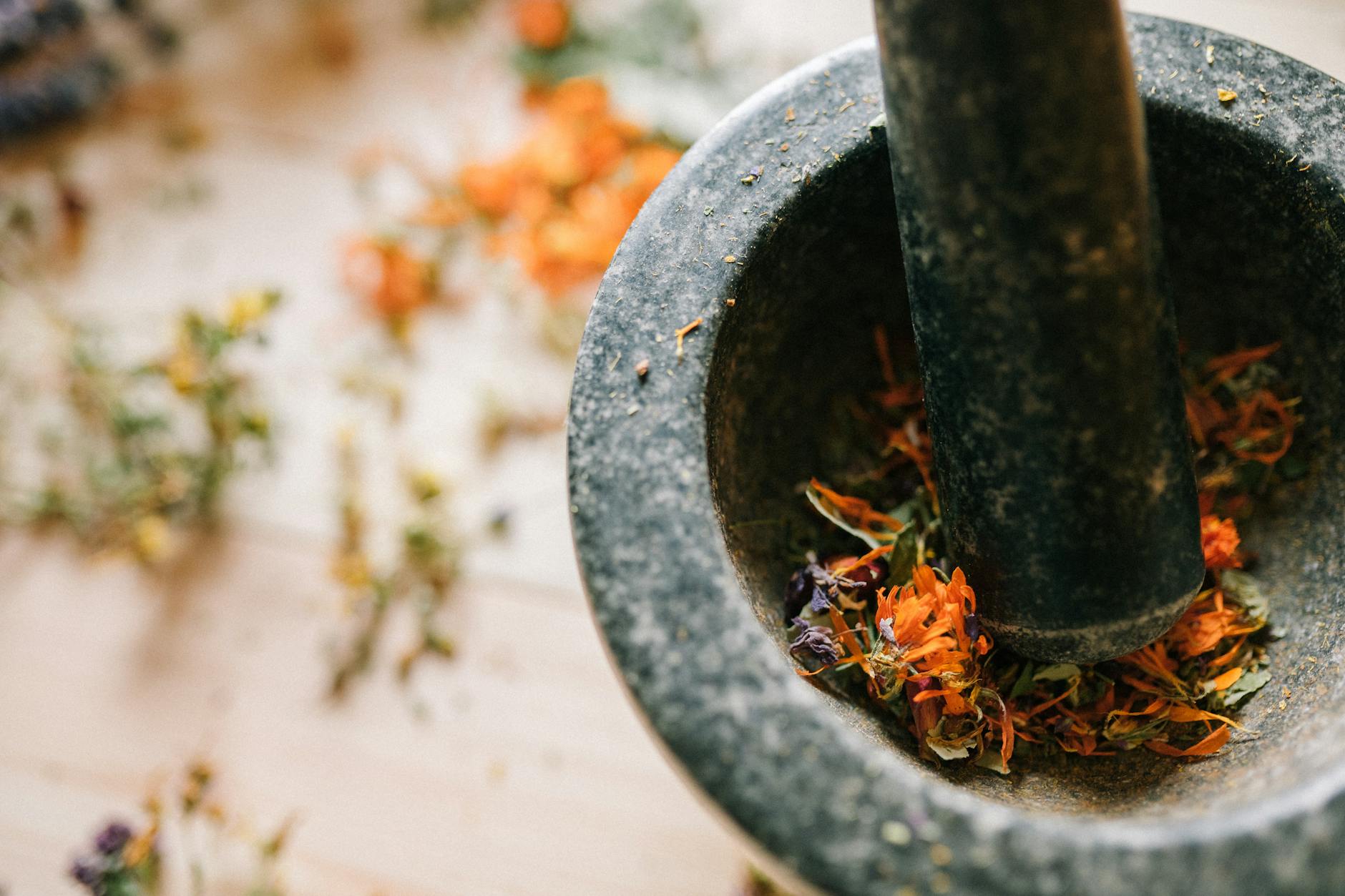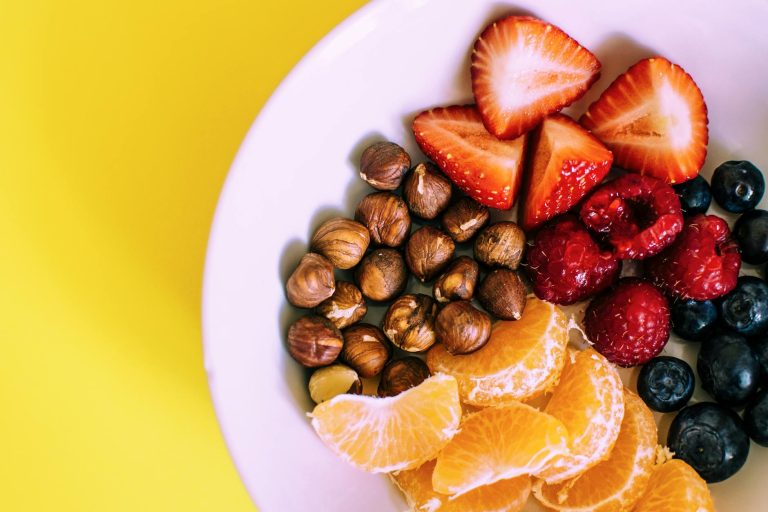Herbal Teas for Immunity: 5 Easy DIY Blends
🍵 Are you tired of falling prey to every cold and flu that comes your way? Imagine fortifying your body’s defenses with a simple, delicious cup of herbal tea. It’s time to unlock the power of nature’s pharmacy and boost your immunity, one sip at a time!
In a world where synthetic supplements dominate, we often overlook the potent healing properties of herbs that have been used for centuries. Herbal teas aren’t just comforting beverages; they’re powerhouses of antioxidants, vitamins, and minerals that can supercharge your immune system. But with so many options out there, how do you know which blends will truly make a difference?
Get ready to embark on a flavorful journey as we explore 5 easy DIY herbal tea blends that will revolutionize your wellness routine. From the immune-boosting prowess of Echinacea and Elderberry to the inflammation-fighting duo of Ginger and Turmeric, we’ll guide you through creating your own personalized tea apothecary. So, grab your favorite mug and let’s steep our way to better health!
Understanding Herbal Teas and Immunity
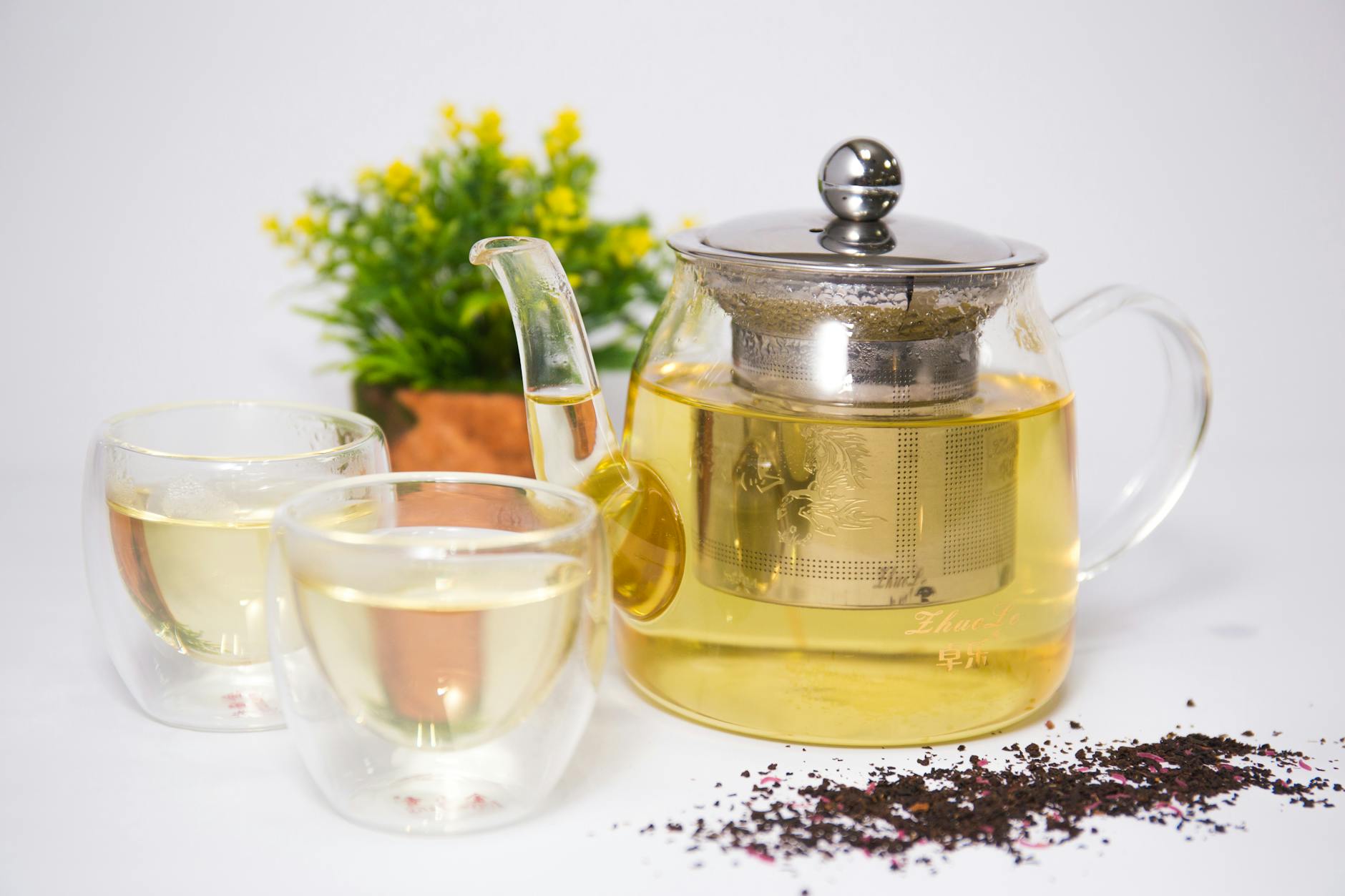
How herbal teas boost immune function
Herbal teas offer a natural and effective way to support immune function. These plant-based infusions contain various bioactive compounds that interact with our immune system, enhancing its ability to fight off pathogens. Some key mechanisms include:
- Antioxidant protection
- Anti-inflammatory effects
- Antimicrobial properties
- Stress reduction
| Mechanism | Description |
|---|---|
| Antioxidant protection | Neutralizes free radicals, reducing cellular damage |
| Anti-inflammatory effects | Helps regulate immune response and reduce chronic inflammation |
| Antimicrobial properties | Directly combat harmful bacteria and viruses |
| Stress reduction | Lowers cortisol levels, indirectly supporting immune function |
Key immune-supporting herbs and their properties
Several herbs are renowned for their immune-boosting properties:
- Echinacea: Stimulates white blood cell production
- Elderberry: Rich in antioxidants and supports respiratory health
- Ginger: Powerful anti-inflammatory and antimicrobial effects
- Astragalus: Enhances overall immune function
- Garlic: Contains allicin, a potent antimicrobial compound
Benefits of DIY blends over store-bought options
Creating your own herbal tea blends offers numerous advantages:
- Customization: Tailor blends to your specific needs and preferences
- Freshness: Ensure maximum potency of herbs
- Cost-effectiveness: Save money by buying herbs in bulk
- Quality control: Choose organic, high-quality ingredients
- Avoid additives: Eliminate unnecessary artificial flavors or preservatives
By understanding these key aspects of herbal teas and immunity, you can harness their power to support your overall health. Next, we’ll explore the essential ingredients you’ll need to create your own immune-boosting tea blends.
Essential Ingredients for Immune-Boosting Teas
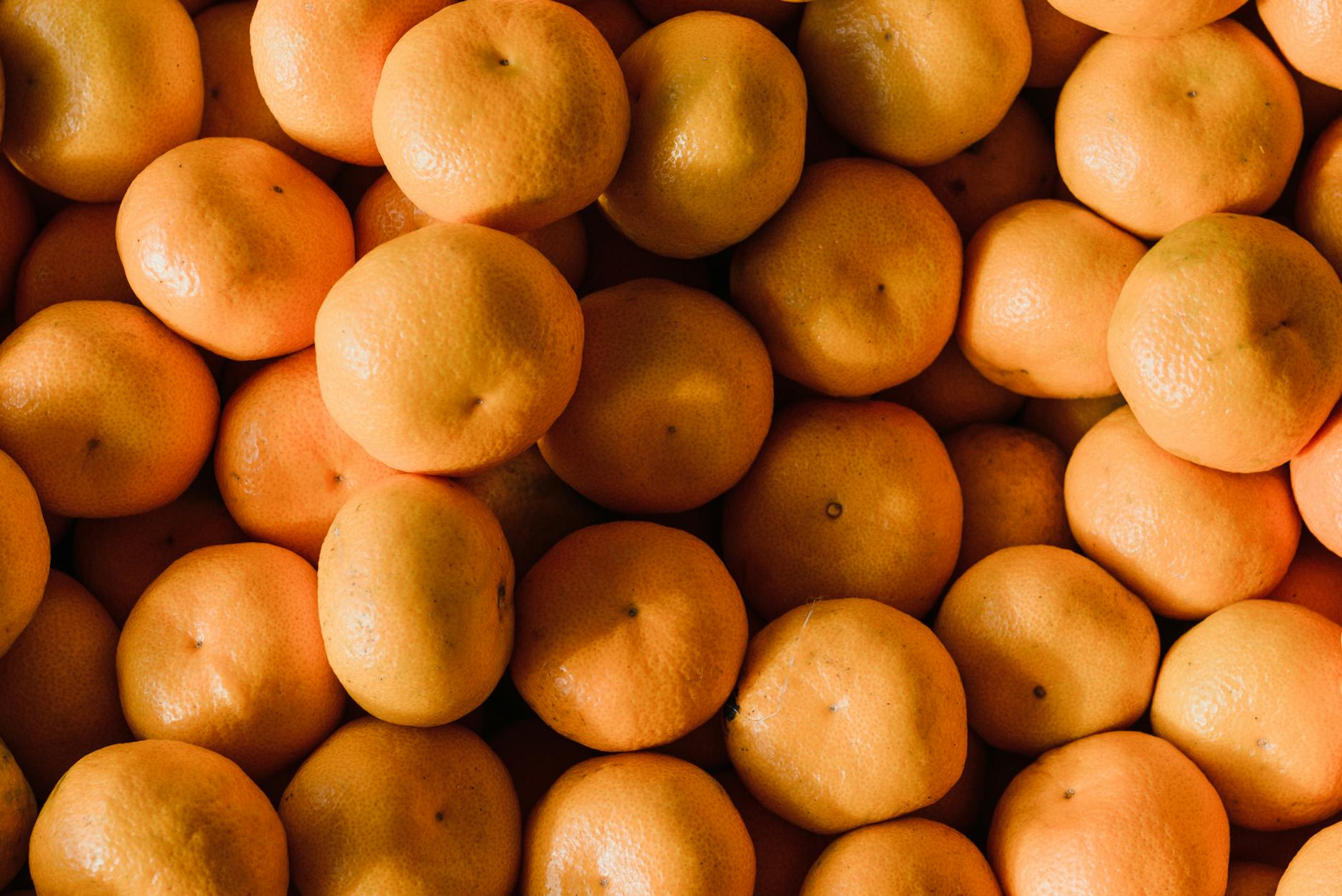
Herbs with antiviral properties
Several herbs are known for their potent antiviral properties, making them excellent additions to immune-boosting teas. Some of the most effective antiviral herbs include:
- Echinacea
- Elderberry
- Astragalus
- Oregano
- Garlic
- Ginger
These herbs contain compounds that can help inhibit viral replication and boost the immune system’s ability to fight off infections.
Antioxidant-rich ingredients
Antioxidants play a crucial role in supporting the immune system by neutralizing harmful free radicals. Here are some antioxidant-rich ingredients to consider for your immune-boosting tea blends:
| Ingredient | Key Antioxidants |
|---|---|
| Green tea | Catechins |
| Rosehips | Vitamin C |
| Hibiscus | Anthocyanins |
| Cinnamon | Polyphenols |
| Turmeric | Curcumin |
Natural sweeteners and flavor enhancers
To make your immune-boosting teas more palatable and enjoyable, consider adding natural sweeteners and flavor enhancers. Some options include:
- Raw honey (also has antimicrobial properties)
- Stevia leaves
- Lemon or orange peel
- Mint leaves
- Licorice root (natural sweetener with immune-boosting properties)
Tools and equipment for tea blending
To create your own herbal tea blends, you’ll need some basic tools and equipment:
- Tea infuser or reusable tea bags
- Mixing bowls
- Airtight storage containers
- Measuring spoons
- Mortar and pestle (for grinding herbs)
- Scale (for precise measurements)
With these ingredients and tools at your disposal, you’re ready to start creating your own immune-boosting herbal tea blends. Now, let’s explore our first recipe: the Echinacea and Elderberry Power Blend.
Echinacea and Elderberry Power Blend
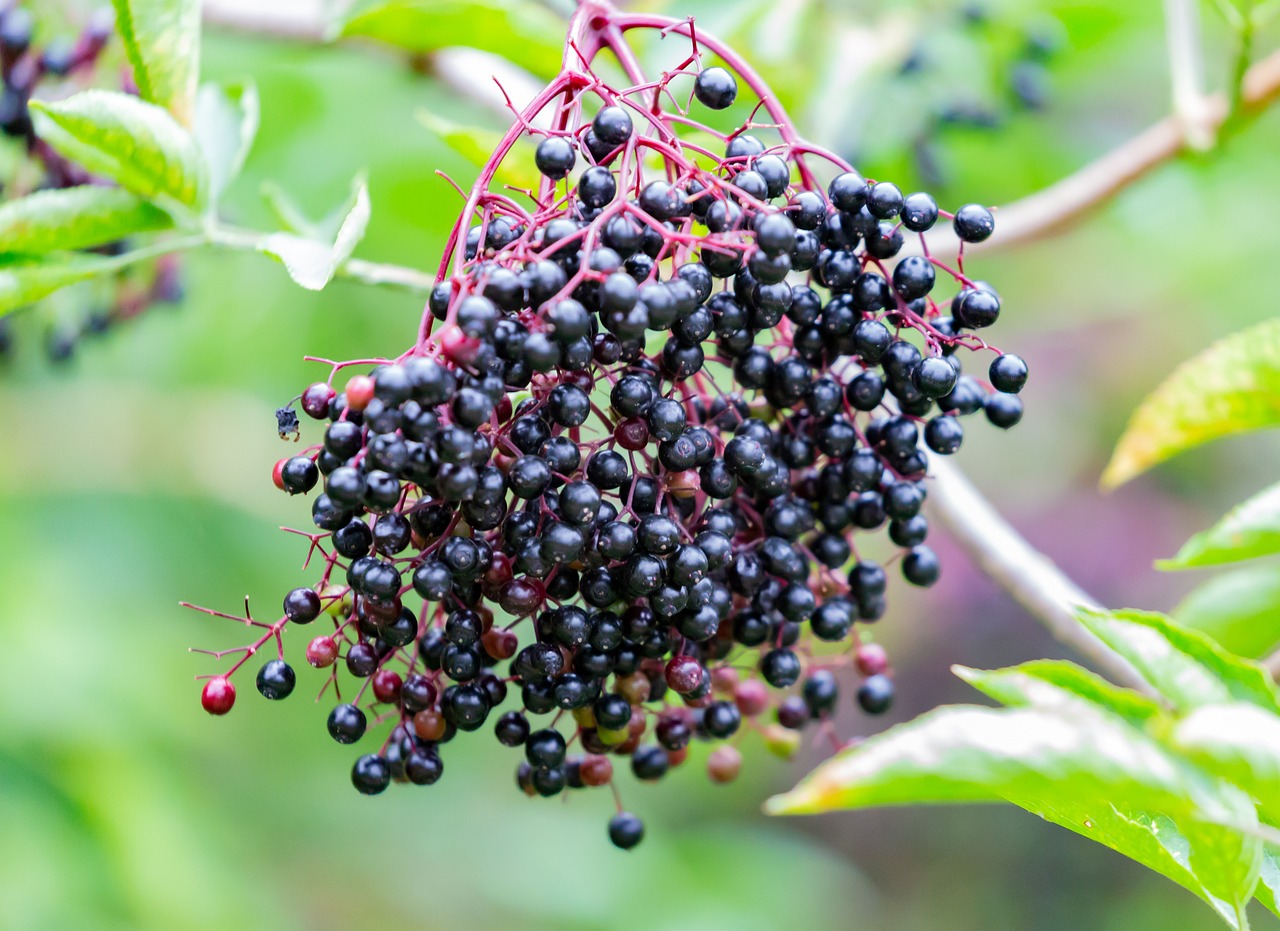
Ingredients and their benefits
Echinacea and elderberry form a powerful duo in boosting immunity. Here’s a breakdown of their benefits:
| Ingredient | Key Benefits |
|---|---|
| Echinacea | – Stimulates immune system<br>- Reduces inflammation<br>- Fights viral infections |
| Elderberry | – Rich in antioxidants<br>- Supports respiratory health<br>- Shortens duration of colds and flu |
Additional ingredients to enhance the blend:
- Rose hips: High in vitamin C
- Cinnamon: Anti-inflammatory and antioxidant properties
- Ginger: Boosts circulation and reduces inflammation
Preparation instructions
-
Gather ingredients:
- 2 tsp dried echinacea root
- 1 tsp dried elderberries
- 1 tsp rose hips
- 1/2 tsp cinnamon chips
- 1/4 tsp dried ginger
-
Mix all ingredients in a tea infuser or bag
-
Steep in 8 oz of boiling water for 10-15 minutes
-
Strain and enjoy hot or iced
Recommended dosage and frequency
For optimal immune support:
- Drink 1-2 cups daily during cold and flu season
- Increase to 3 cups daily at the first sign of illness
- Continue for up to 10 days, then take a break for a week
Remember to consult with a healthcare professional before starting any new herbal regimen, especially if you have existing health conditions or are taking medications.
Ginger and Turmeric Inflammation Fighter
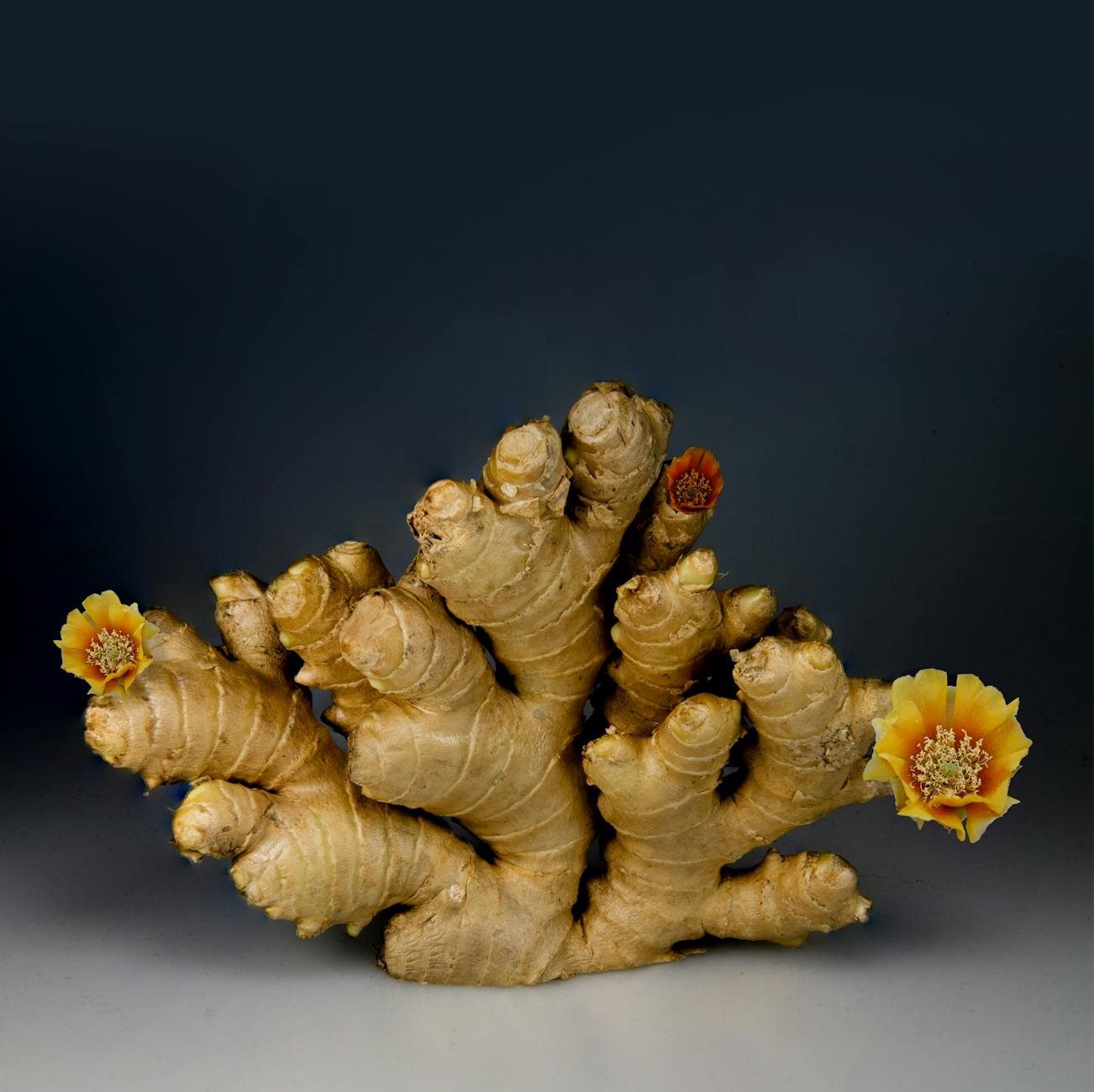
Anti-inflammatory properties of ginger and turmeric
Ginger and turmeric are powerful allies in the fight against inflammation. Both roots contain bioactive compounds that have been shown to reduce inflammation in the body. Ginger’s key component, gingerol, and turmeric’s active ingredient, curcumin, work synergistically to combat oxidative stress and support a healthy immune response.
| Property | Ginger | Turmeric |
|---|---|---|
| Active compound | Gingerol | Curcumin |
| Benefits | Reduces inflammation, eases muscle pain | Powerful antioxidant, supports joint health |
| Flavor profile | Spicy, warming | Earthy, slightly bitter |
Additional ingredients for flavor and potency
To enhance both the taste and effectiveness of your ginger and turmeric tea, consider adding:
- Black pepper: Increases curcumin absorption
- Lemon: Adds vitamin C and brightens flavor
- Honey: Natural sweetener with antimicrobial properties
- Cinnamon: Complements the warming flavors and adds antioxidants
Brewing tips for maximum efficacy
For the most potent brew:
- Use fresh ginger and turmeric roots when possible
- Simmer ingredients for 10-15 minutes to extract maximum benefits
- Add black pepper and lemon just before serving
- Drink 1-2 cups daily for best results
Now that we’ve explored this powerful inflammation-fighting blend, let’s move on to a calming tea mixture that can help reduce stress and support overall immunity.
Calming Chamomile and Lemon Balm Mix
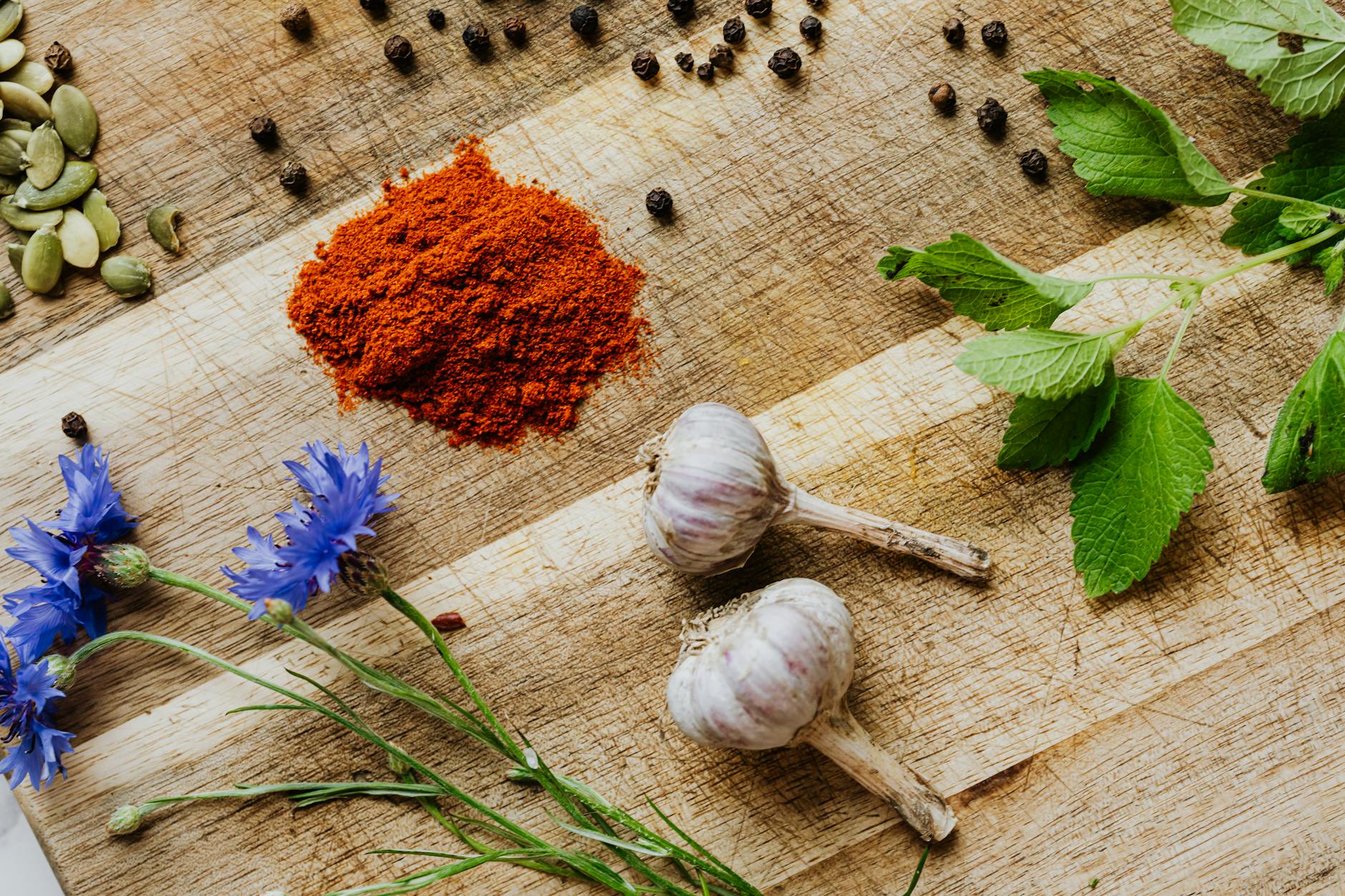
Stress-reducing benefits for immune health
Chamomile and lemon balm are renowned for their calming properties, which play a crucial role in supporting immune health. Stress can significantly weaken our immune system, making us more susceptible to illnesses. This herbal blend helps combat stress and anxiety, indirectly boosting our body’s natural defenses.
| Herb | Key Benefits |
|---|---|
| Chamomile | Reduces anxiety, improves sleep quality |
| Lemon Balm | Lowers cortisol levels, enhances mood |
Complementary herbs and their effects
To enhance the immune-boosting properties of this blend, consider adding these complementary herbs:
- Lavender: Promotes relaxation and improves sleep quality
- Passionflower: Reduces anxiety and supports better sleep
- Holy Basil: Adaptogenic herb that helps the body manage stress
Best times to consume this blend
For optimal benefits, consume this calming chamomile and lemon balm mix at these times:
- Before bedtime: Promotes better sleep quality
- Mid-afternoon: Helps manage stress during busy workdays
- During periods of high stress: Supports overall immune function
By incorporating this soothing blend into your daily routine, you can effectively manage stress levels and support your immune system. Next, we’ll explore another powerful immune-boosting tea that harnesses the antioxidant-rich properties of rosehips and hibiscus.
Vitamin C-Packed Rosehip and Hibiscus Tea
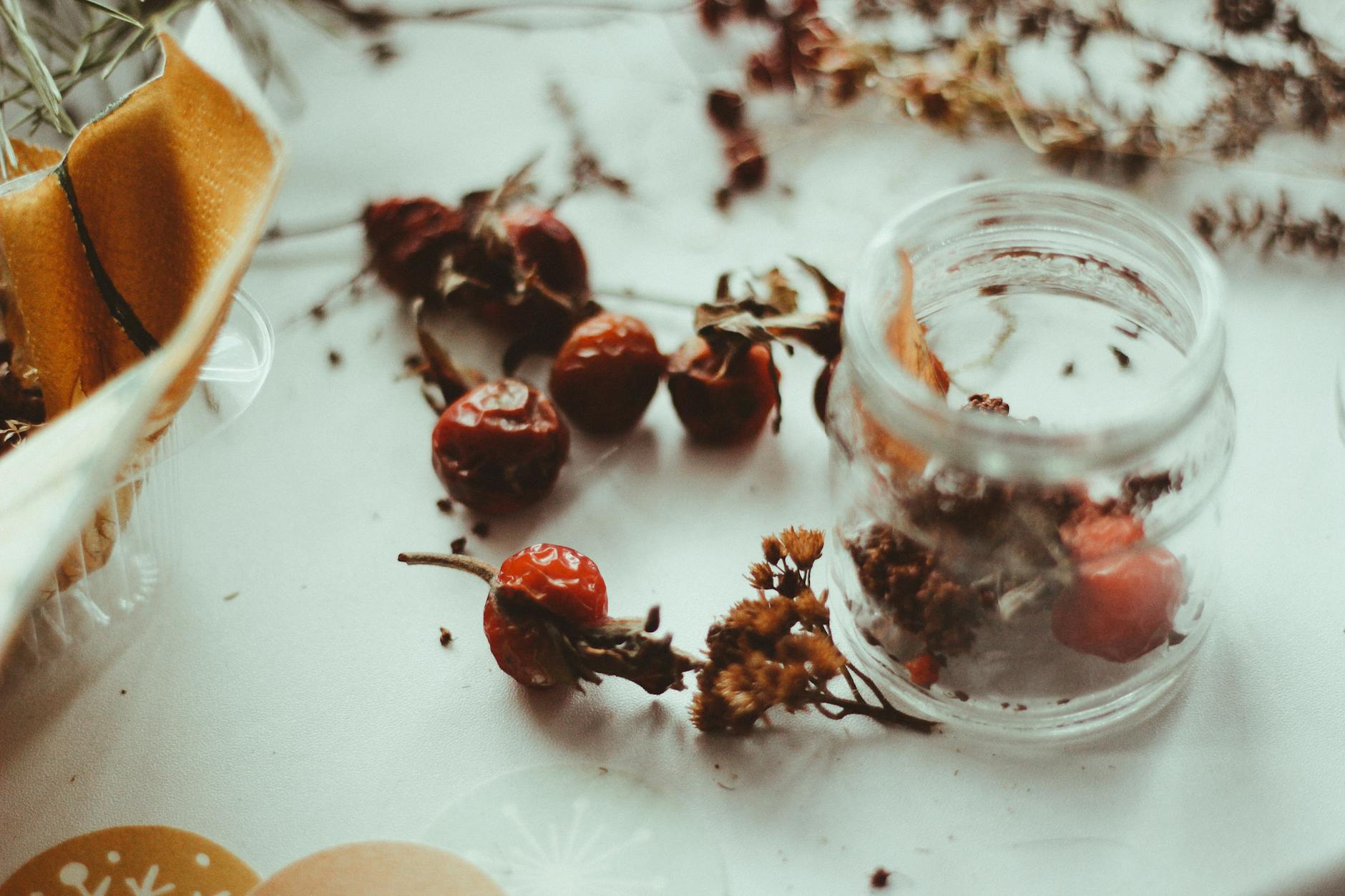
Nutritional profile of rosehips and hibiscus
Rosehips and hibiscus are powerhouse ingredients when it comes to boosting immunity. Here’s a breakdown of their impressive nutritional profiles:
| Nutrient | Rosehips | Hibiscus |
|---|---|---|
| Vitamin C | Very high (50x more than oranges) | High |
| Antioxidants | Rich in polyphenols | High in anthocyanins |
| Minerals | Calcium, magnesium, potassium | Iron, phosphorus, calcium |
| Other benefits | Anti-inflammatory properties | Supports heart health |
Synergistic herbs to enhance vitamin C absorption
To maximize the benefits of this vitamin C-packed tea, consider adding these synergistic herbs:
- Lemon peel: Contains bioflavonoids that aid vitamin C absorption
- Cinnamon: Enhances circulation, helping distribute nutrients
- Ginger: Improves digestion and nutrient uptake
- Mint: Supports overall digestive health
Hot vs. cold brewing methods
Both hot and cold brewing methods have their merits:
-
Hot brewing:
- Faster extraction of vitamins and minerals
- Releases more aromatic compounds
- Ideal for soothing warm drinks
-
Cold brewing:
- Preserves more vitamin C content
- Results in a smoother, less bitter taste
- Perfect for refreshing summer drinks
Experiment with both methods to find your preferred taste and maximize the health benefits. Next, we’ll explore an adaptogenic blend that combines the ancient wisdom of Ayurveda with modern nutritional science.
Adaptogenic Ashwagandha and Holy Basil Blend

Understanding adaptogens and their immune benefits
Adaptogens are natural substances that help the body adapt to stress and promote overall well-being. Ashwagandha and Holy Basil (also known as Tulsi) are two powerful adaptogens that offer significant immune-boosting benefits. These herbs work by:
- Reducing cortisol levels
- Balancing hormones
- Enhancing overall resilience
| Adaptogen | Key Benefits |
|---|---|
| Ashwagandha | Reduces stress, boosts energy, improves focus |
| Holy Basil | Anti-inflammatory, antioxidant, mood-enhancing |
Proper ratios for a balanced flavor
To create a delicious and effective Ashwagandha and Holy Basil blend, follow these ratios:
- 2 parts Holy Basil
- 1 part Ashwagandha
- 1 part complementary herb (e.g., lemon balm or chamomile)
This combination ensures a balanced flavor profile while maximizing the adaptogenic benefits.
Customization options for personal preferences
Personalize your blend by adding:
- Cinnamon for warmth
- Ginger for spice
- Licorice root for sweetness
- Lemon peel for citrus notes
Experiment with these additions to find your perfect taste combination.
Potential interactions with medications
While generally safe, adaptogens may interact with certain medications. Consult a healthcare professional before consuming this blend if you’re taking:
- Blood thinners
- Thyroid medications
- Immunosuppressants
- Sedatives
Always start with small amounts to assess your body’s response to these powerful herbs.
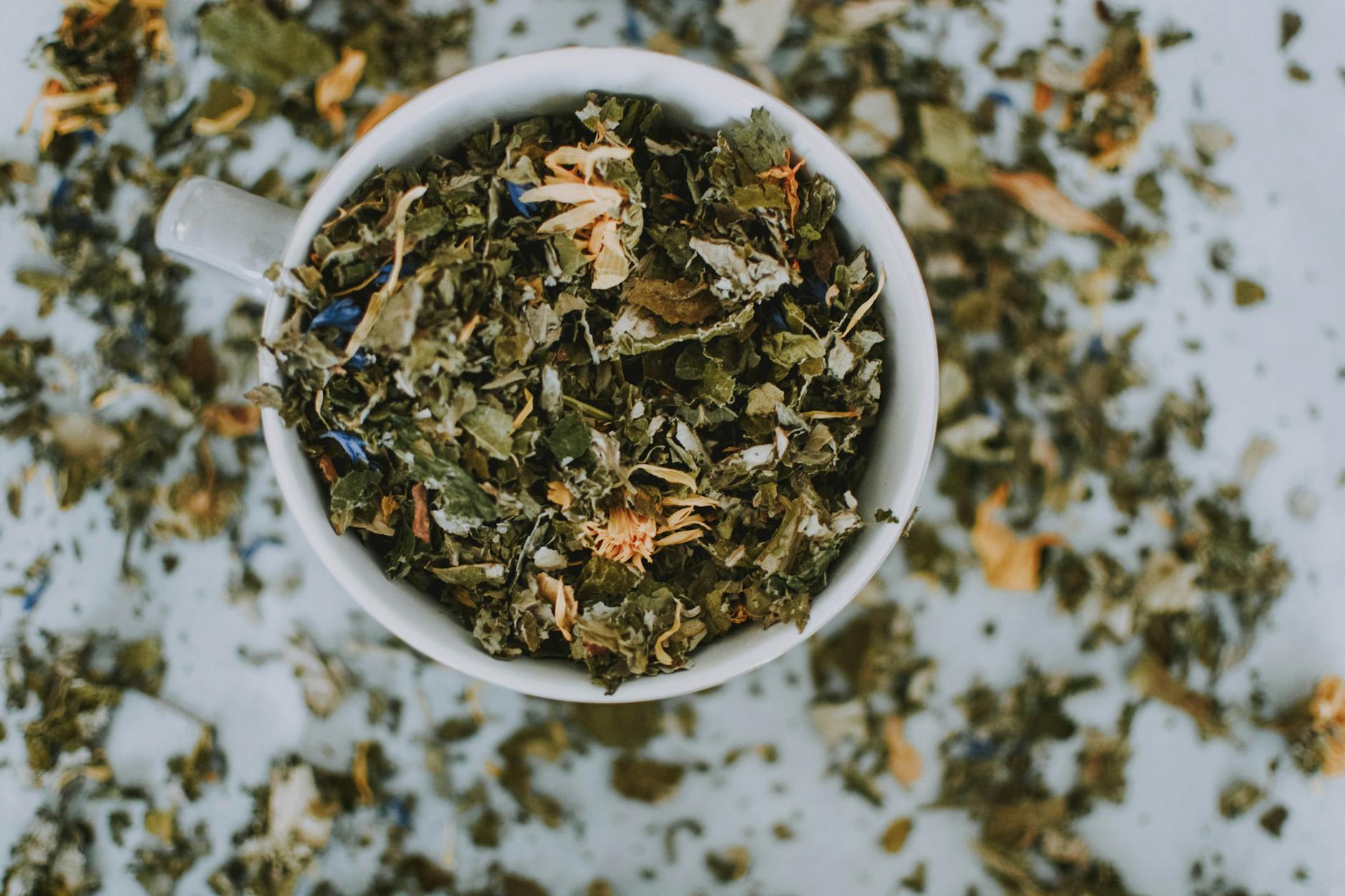
Incorporating herbal teas into your daily routine can be a delicious and effective way to support your immune system. From the powerful Echinacea and Elderberry blend to the soothing Chamomile and Lemon Balm mix, each of these DIY tea blends offers unique benefits to boost your body’s natural defenses. Whether you’re looking to fight inflammation with Ginger and Turmeric or increase your Vitamin C intake with Rosehip and Hibiscus, there’s a blend to suit every taste and health goal.
Remember, while these herbal teas can be a valuable addition to your wellness routine, they should complement, not replace, a balanced diet and healthy lifestyle. Start experimenting with these easy-to-make blends today and discover the perfect combination to support your immunity and overall well-being. Your body will thank you for this natural, flavorful approach to health.

